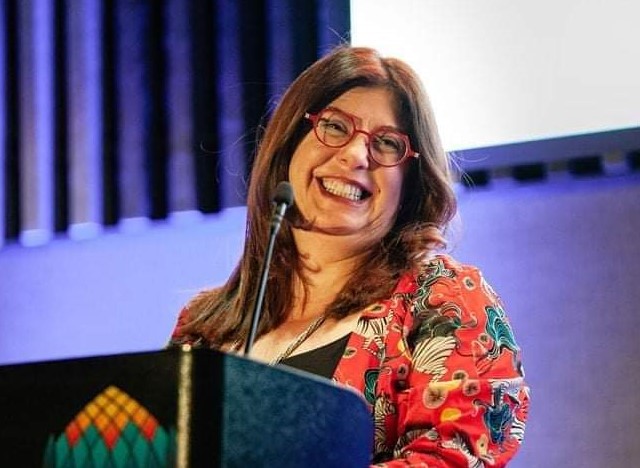
Voices

Super Jews need effective deputies
“You are the super Jews of the world” was how demographer Barry Kosmin summed up the results of the 1998 survey on the South African Jewish community conducted by the University of Cape Town’s Kaplan Centre for Jewish Studies and Research and the London-based Institute for Jewish Policy Research. As that survey showed, compared with its diaspora counterparts, South African Jewry scored remarkably highly by every measure of what makes a Jewish community strong and vibrant, among them levels of religious practice and affiliation, communal involvement, availability of Jewish education, social-welfare reach and infrastructure, and connections to Israel. Two subsequent Kaplan Centre surveys, the most recent of which was conducted in 2019, produced similar results.
The amazing Jewish life that we lead in South Africa has much to do with living in an environment in which such a life is able to flourish. We should celebrate how religious practice is respected and protected in this country. Because of this, strictly observant members of our community are able to live in full compliance with what halacha requires while also being fully engaged members of the wider society.
However, upholding religious rights doesn’t just happen. A core part of the South African Jewish Board of Deputies’ (SAJBD’s) mandate is to ensure that observant community members can practice their religion without being unfairly disadvantaged, and accordingly, the professional staff working with the elected leadership are at the call of South African Jewry whenever these rights are challenged. Most are familiar with what we do in terms of combating antisemitism, but our work in upholding our community’s religious rights is less well known, hence I will share some examples.
When observant Jewish students at local universities have exams or other study requirements on Shabbat or the chagim, it’s the Board that works with the relevant institution to find a fair accommodation. On average, the SAJBD deals with about 300 exams a year. Resolving such cases often necessitates much creative thinking and compromise, as well as many logistical challenges. There’s no convenient one-size-fits-all solution, each individual case needs to be carefully assessed. It would be no exaggeration to state that without the SAJBD, it would be difficult for observant Jewish students to study in South Africa, and hundreds of graduates wouldn’t have graduated without our intervention.
Another religious-related question that the Board must sadly involve itself with from time to time is in helping bereaved families to repatriate the bodies of loved ones who have passed away overseas. This is an exceptionally complicated and bureaucratic process, but thanks to the networks we have built within the departments of health, home affairs, and international relations, we have been able to address these situations as speedily as possible. Other halachic-related matters we have addressed include issues around brit milah, and more recently, threats to shechita, something that our fellow communities in the diaspora have to fight for on a regular basis.
All this and other SAJBD activities obviously don’t pay for themselves, so I take the opportunity to thank our wonderful donors who recognise the importance of what we do and ensure that we have the wherewithal to continue doing it. Those interested in learning more about our work and who may likewise wish to make a contribution, small or large, are most welcome to get in touch with me on sajbd@sajbd.org.
- Listen to Charisse Zeifert on Jewish Board Talk, 101.9 ChaiFM, every Friday from 12:00 to 13:00.








